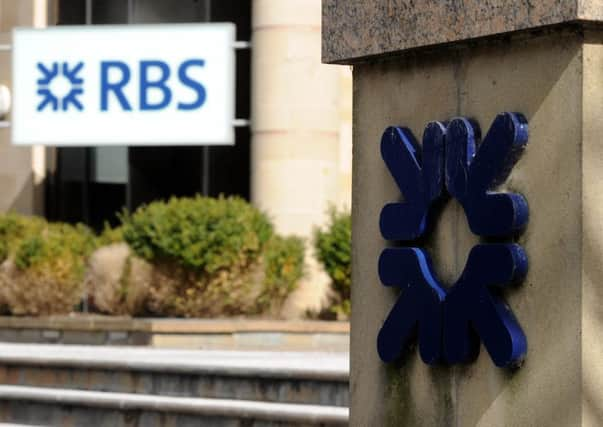RBS deny falsifying records to pay less compensation


RBS was accused in a report in The Times newspaper of doctoring records sent to independent reviewers who oversaw compensation payouts to victims, including a record of a sales call that never took place.
But an RBS spokesman said: “We categorically deny falsifying customer records to influence the outcome of the review process.”
Advertisement
Hide AdAdvertisement
Hide AdThe spokesman added: “Whilst we work hard to ensure a high level of accuracy, minor and non-consequential discrepancies have occurred, on occasion, in historical records. The issues raised in these cases did not determine the findings or outcomes of the review.”
The Financial Conduct Authority (FCA) ordered banks to redress affected businesses and set up a scheme to compensate them overseen by independent assessors, often large accountancy firms.
Between 2001 and 2008 around 30,000 small firms - from fish and chip shops to small hotels and pubs - were sold complex interest rate-hedging products, designed to protect them from rising rates.
But in most cases it was not fully explained to them that if interest rates slumped, as they did after the financial crisis, the monthly payments would rise dramatically.
The FCA said 90% of these products were mis-sold and lenders have so far paid out £2 billion with average settlements totalling £160,000.
The FCA said that during a previous review of the complaints process “a number of allegations have been passed to us that banks had provided inaccurate or incomplete information to the independent reviewers”.
But it added: “Based on the information provided to us, and by checking with the independent reviewers and banks’ records, we have, to date, not found evidence to suggest that the banks had been improperly failing to provide information, or interfered with information provided, to the independent reviewer.”
However the FCA said that on Tuesday it met two lobby groups - the Serious Banking Complaints Bureau and SME Alliance - which expressed concerns about how some banks had treated their members and passed on some documents for the watchdog to study.
The FCA added: “We take all such concerns seriously and we’ll look closely at the information provided.”